Harrods’ Qatari Owners Distribute £180 Million Dividend Despite Profit Decline
The Qatari proprietors of Harrods have received a significant £180 million dividend, even with a 17 percent drop in operating profits at the renowned department store.
Harrods Ltd, the luxury retailer’s parent company, is owned by Qatar’s state investment entity, the Qatar Investment Authority.
According to the forthcoming accounts for Harrods Group (Holding) Ltd, operating profit for the parent company decreased by £35 million to £167.7 million for the year ending February 3. This financial information is expected to be filed next week.
The decline in profits follows a transaction completed by Harrods’ trustees with Scottish Widows concerning the pension fund liabilities, resulting in a £46.2 million writedown. Consequently, the highest-paid director at Harrods, believed to be Michael Ward, saw his pay decrease from £2.3 million to £2.1 million.
In contrast, turnover surged by 8.2 percent to £1.1 billion as Harrods rebounded from the pandemic’s impact on international travel and tourism to the UK. This figure slightly exceeds the pre-pandemic revenue of £1.04 billion recorded in January 2020.
A representative for the company remarked that 2023 has demonstrated “good financial performance for Harrods,” showcasing sustained growth that reinforces its leadership in the luxury retail sector.
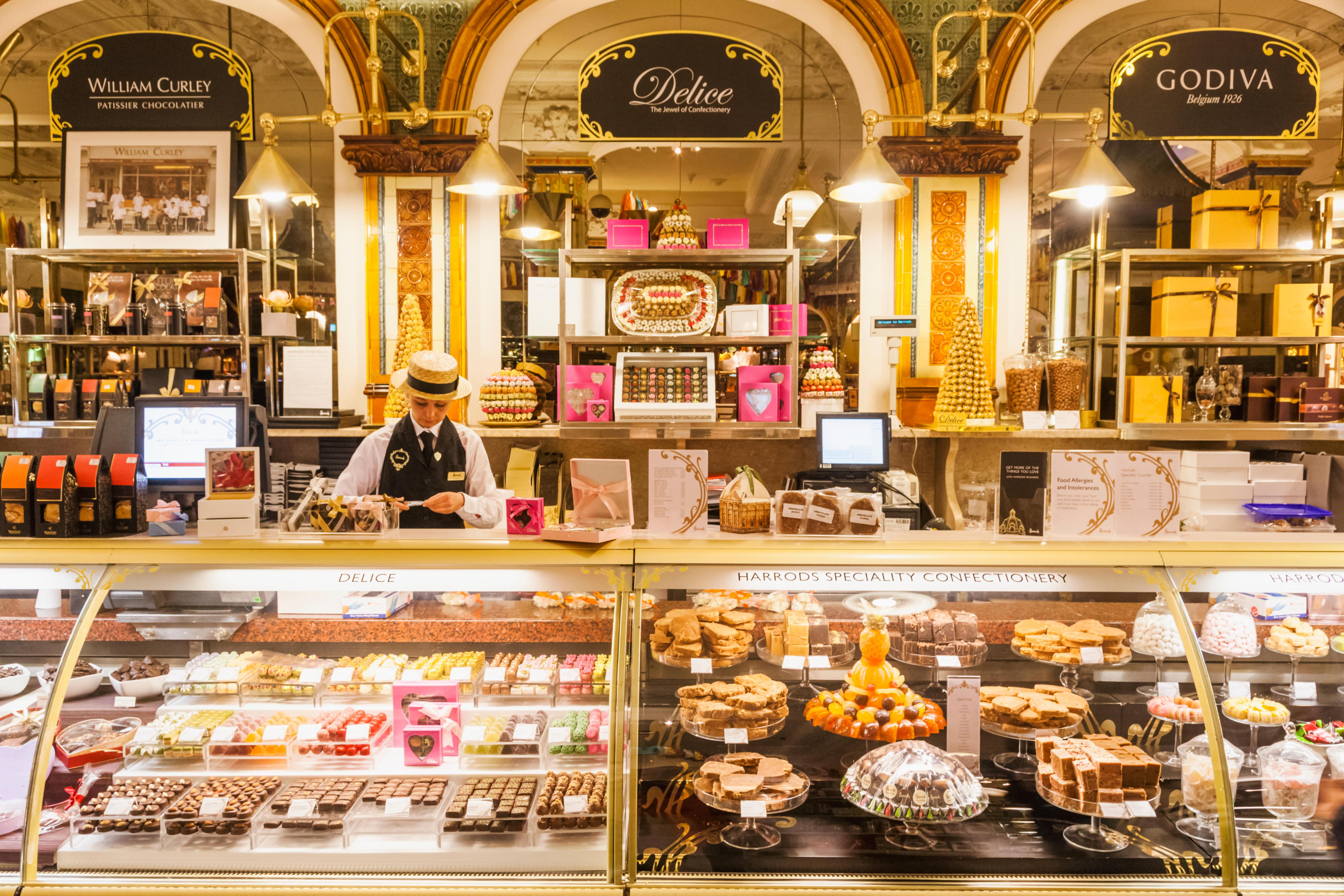
She further noted that the encouraging results reflected substantial investment in both the Knightsbridge store and online operations. This includes the recent launch of new swimwear and eveningwear departments and the relaunch of the dining hall.
According to Harrods Ltd’s financial documents, the primary retail segment has added 775 new employees in response to the increase in sales.
This uptick in sales occurs amid a broader slowdown in the luxury retail sector. The $350 billion market, which typically remains resilient during economic downturns, has faced diminished demand across the UK, Europe, China, and the US due to rising inflation and economic uncertainty affecting luxury goods consumption.
The slowdown has compelled some major brands to adjust their forecasts. Burberry, famous for its signature tartan and trench coats, has issued multiple profit warnings, linking the weaker sales to inflation and cost of living concerns. Other luxury brands like Mulberry, Kering, and Richemont have also anticipated slower growth.
Several luxury retail groups have indicated that the discontinuation of VAT-free shopping for international customers is contributing to declining sales in the UK. Harrods is among retailers advocating for the government to reconsider the elimination of VAT exemptions for overseas shoppers.
Ward commented that the government should capitalize on growth opportunities, suggesting, “It might be time for them to wake up and smell the coffee.”
Numerous organizations, including VisitBritain, the luxury industry association Walpole, and Heathrow Airport, have urged the government to reintroduce tax-free shopping for overseas visitors, arguing that London is losing tourism to cities like Milan and Paris.
The policy allowing visitors from non-EU countries to reclaim VAT on their purchases was revoked following the UK’s exit from the EU in 2021.
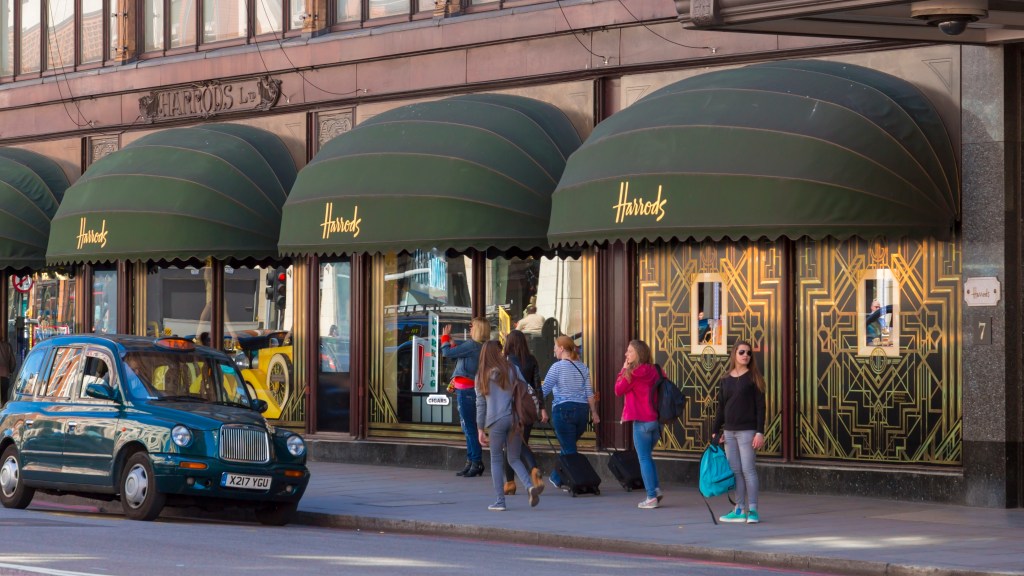
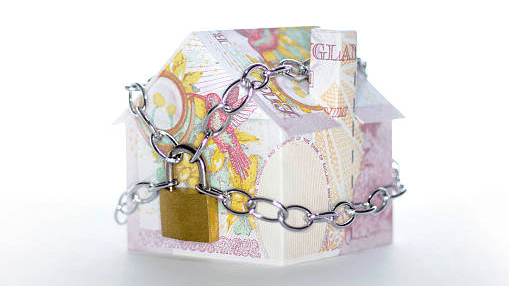
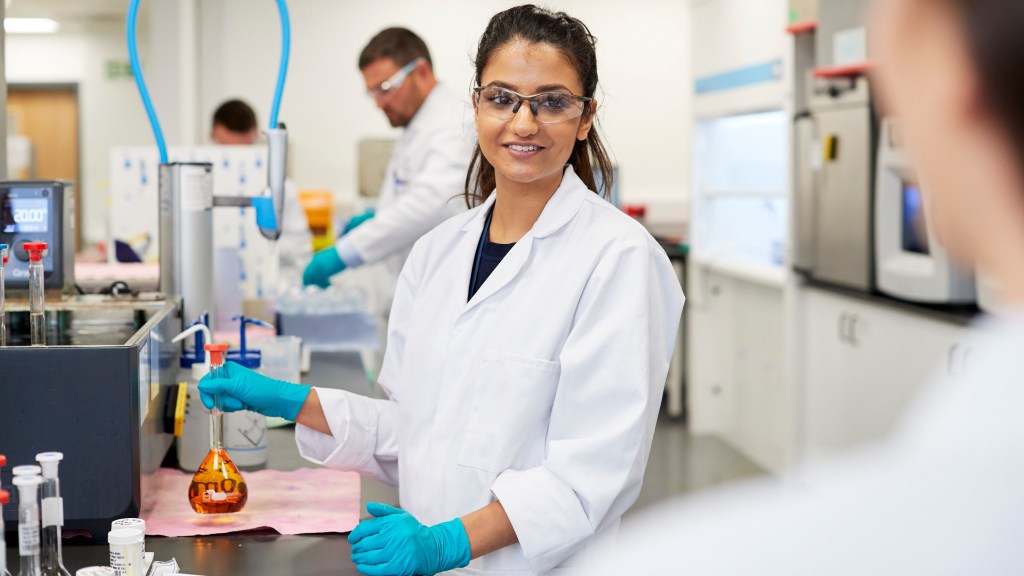
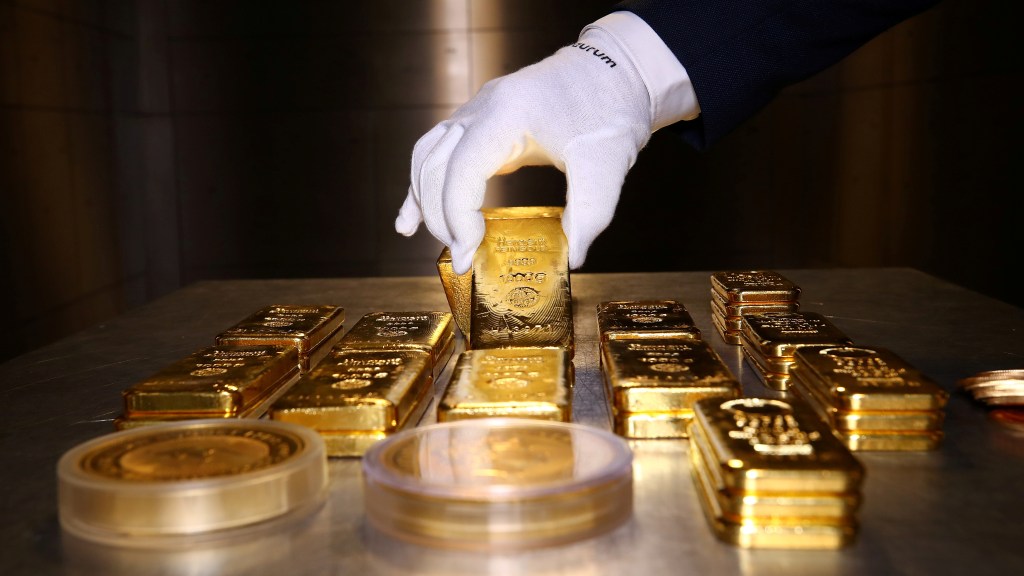
Post Comment